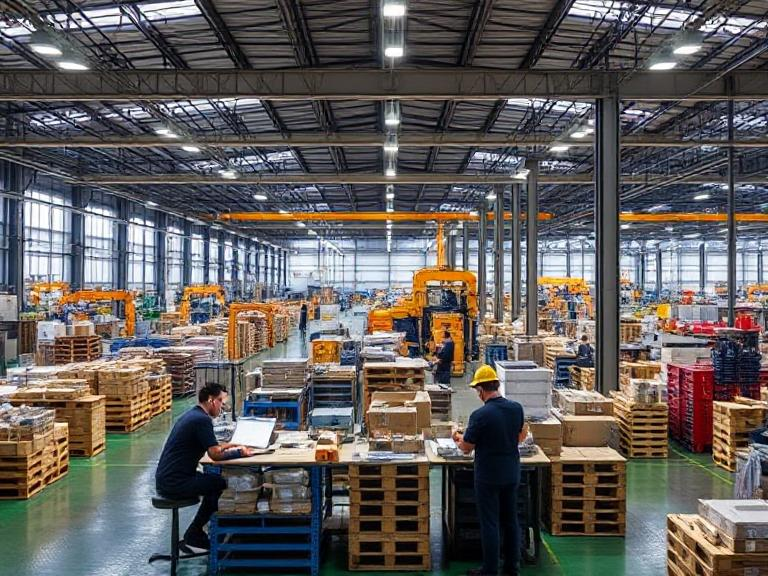Introduction
When it comes to global sourcing, businesses often face a critical decision: should they work with
sourcing agents or deal directly with
factories? Each option has its own benefits and challenges, and choosing the right one can significantly impact cost, quality, and efficiency. Whether you’re sourcing from
Bangladesh agents, China, India, or other manufacturing hubs, understanding the differences is essential to making an informed decision.
Understanding Sourcing Agents and Direct Factory Deals
What Are Sourcing Agents?
A
sourcing agent acts as an intermediary between a business and a factory. These professionals help find reliable suppliers, negotiate prices, conduct quality control, and manage logistics. Many
Bangladesh agents specialize in textiles and garments, ensuring cost-effective and high-quality production for global buyers.
What Are Direct Factory Deals?
A
direct factory deal involves businesses working directly with manufacturers without intermediaries. This option can reduce costs but may come with challenges related to communication, quality control, and supplier reliability.
Pros and Cons of Sourcing Agents
Pros:
- Expertise and Market Knowledge: Sourcing agents understand the local market, factory capabilities, and compliance requirements.
- Supplier Verification: They conduct background checks and audits to ensure suppliers meet quality standards.
- Negotiation Power: With established relationships, sourcing agents can negotiate better pricing and payment terms.
- Quality Control: Many sourcing agents provide inspection services to prevent defective products.
- Reduced Risk: They help navigate language barriers, cultural differences, and fraudulent suppliers.
Cons:
- Additional Costs: Hiring a sourcing agent comes with fees or commissions, increasing overall expenses.
- Potential for Bias: Some agents may favor certain suppliers due to existing partnerships.
Pros and Cons of Direct Factory Deals
Pros:
- Lower Costs: Cutting out intermediaries eliminates agent fees, potentially reducing production costs.
- Direct Communication: Businesses can communicate directly with factories, leading to faster decision-making.
- Full Control: Companies have direct oversight of the manufacturing process and product specifications.
Cons:
- Supplier Reliability Risks: Finding trustworthy manufacturers requires extensive research and due diligence.
- Quality Assurance Challenges: Without an agent, businesses must handle inspections and compliance checks themselves.
- Language and Cultural Barriers: Miscommunication can lead to production delays and misunderstandings.
- Logistics and Coordination Complexity: Managing shipping, customs, and supply chain operations can be difficult.
When to Choose a Sourcing Agent
- If you’re new to sourcing and unfamiliar with local suppliers.
- If you require strict quality control and compliance with international standards.
- If you need a diverse range of products and want a one-stop solution.
- If you’re sourcing from regions like Bangladesh, where experienced Bangladesh agents can help navigate supplier networks.
When to Choose Direct Factory Deals
- If you have established supplier relationships and trust their quality and reliability.
- If you are sourcing large volumes, where direct negotiations can lead to significant cost savings.
- If you have an in-house team capable of handling quality control and logistics.
Conclusion
Both
sourcing agents and
direct factory deals have their advantages and challenges. For businesses seeking
cost savings and direct control, factory deals may be ideal. However, for those prioritizing
risk reduction, supplier verification, and quality assurance, working with
Bangladesh agents or other sourcing professionals can be the smarter choice.
Ultimately, the right decision depends on your business goals, experience, and the complexity of your supply chain. Conduct thorough research and choose the approach that best aligns with your sourcing strategy.
